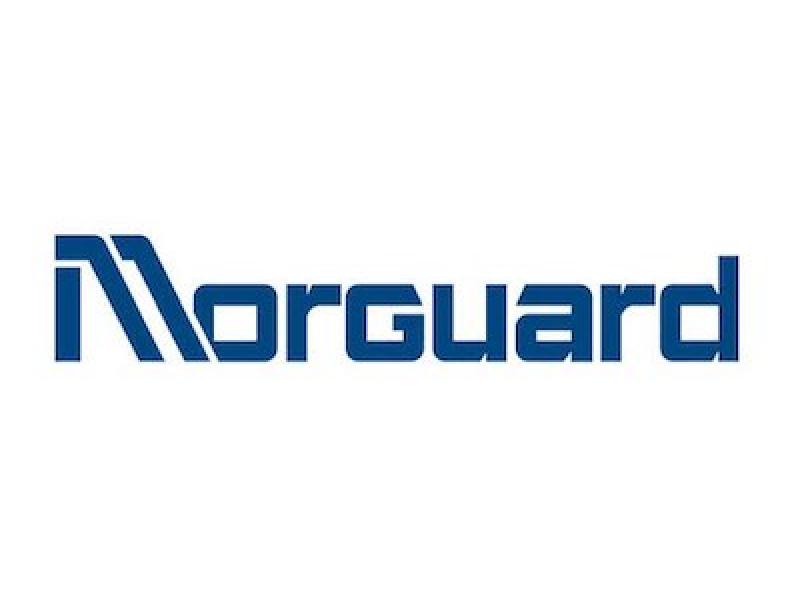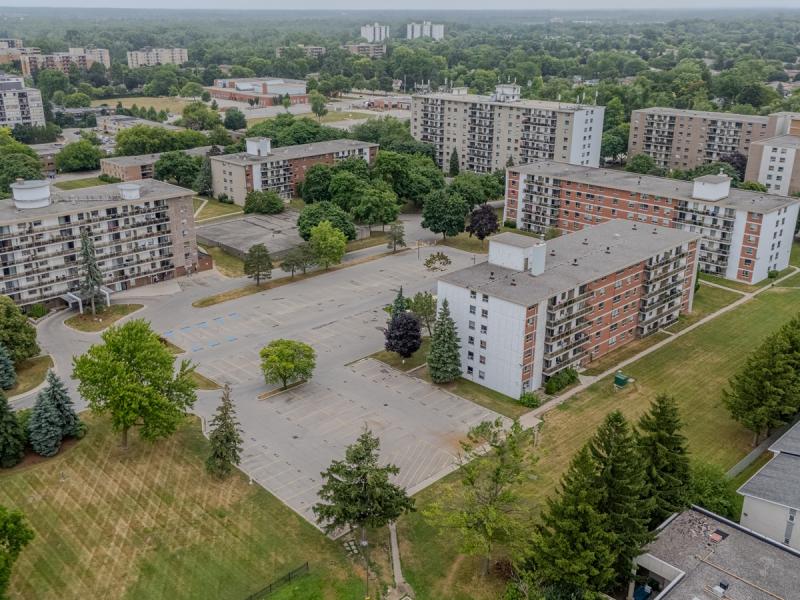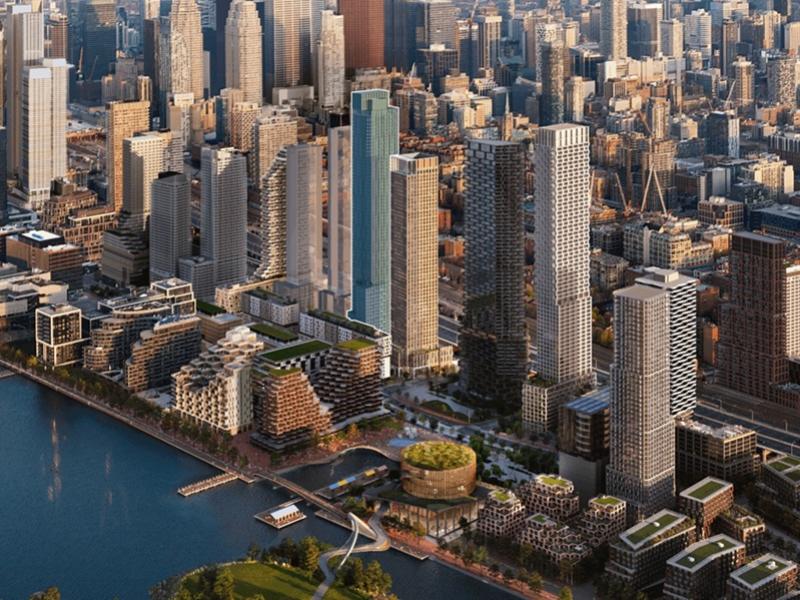What will the year 2017 hold for real estate and development in the lower mainland?
 It’s a question that has a lot of us scratching our heads and looking for clues after a 2016 that scorched old Vancouver records and sent prices through the roof (metaphorically, of course).
It’s a question that has a lot of us scratching our heads and looking for clues after a 2016 that scorched old Vancouver records and sent prices through the roof (metaphorically, of course).
It’s also a question that the Urban Development Institute sought to answer at the annual Forecast Luncheon, convening the sages of Vancouver’s development community to read the tea leaves.
The new-year holds plenty of promises—from federal funding for transportation to the likelihood of continued low interest rates—but also it’s fair share of pitfalls. So, what should we expect?
The answers may surprise you.
Let’s start with the fundamentals: 20,000 people will move to Metro Vancouver in 2017. The city’s economy will grow by 3.5 per cent, once again leading the country. Supply of almost every housing product type will remain low—Vancouver approved a paltry 1800 new rental properties last year compared to Seattle’s more ambitious 14,000—and that will keep up pressure on home values. All in all, prices can be expected to rise by 10 per cent.
And then there are the risks. The foreign buyer’s tax is still an unknown quantity. There is uncertainty over whether President Trump (still hard to say or write that) will spark troubles for the Canadian economy. From Brexit to a slowdown in China, there’s a lot to worry about. Locally, the volume of sales has already started to cool down: sales have dropped from around 13,000 in the first half of 2016 to around 6,000 in the second half.
Nonetheless, there are long-term trends that will keep Vancouver’s prospects sunny: none more so than the continued growth of the city’s tech sector. Companies like Amazon, Microsoft, Hootsuite and their brethren already employ 93,000 in Vancouver. They also take up 42 per cent of office space in downtown Vancouver.
And that footprint will keep on growing. By 2020, Vancouver will gain 16,000 new technology sector jobs. And at an average annual salary of $80,000, a whole lot of these new employees will be in the market for quality product that is amenity and transit-adjacent. And not all of them want to be owners—in fact, they’ll be one of the key drivers behind an “insatiable” demand for purpose-built rental, according to panellist Brian McCauley, president of Concert Properties Ltd.
‘Insatiable’ demand for purpose-built rental
That new rental stock is sorely needed—and not just for high-income earners. Rents increased an eye-popping seven per cent in 2016, and short of supply, they’re set to increase again this year. And with 70 per cent of rental stock aged an average of 35 years or older, new construction is an obvious answer to our much-discussed affordability woes.
But breaking ground in the region continues to be a challenge. If the Lower Mainland’s municipalities want to bring about the level affordability that will keep employees in the city, they need to modernize their “archaic” zoning rules, said Andrew Grant, President of PCI Developments Corp. The Regional Growth Strategy, which arbitrarily labels some parts of the city as ‘industrial’ and ‘residential’ does not reflect the reality of work today. “We have to get rid of the old modes of by-law thinking,” added McCauley.
And that means reassessing how we use the land around existing transit nodes. “We need more mixed-use on transit,” said Grant. SkyTrain stations surrounded by single-family homes—at Rupert, 29th Ave and Nanaimo—aren’t going to cut it.
And what about that word that’s proven so popular in press coverage of the industry; should we be concerned about ‘the bubble’? Not if you ask Eric Carlson, CEO and founder of Anthem Properties: this year may be slower than last, but there will still be plenty of new Vancouverites looking for a place to live and a place to invest. “Vancouver is a safe harbour in a dangerous world,” said Eric Carlson. Buying power in the region is high, he says, and the wealth of newcomers, as opposed to their income, is a factor that is often ignored by the media.
There are still risks on the horizon. The spectre of trade tiffs could make building materials more expensive, pushing up the price of rebar and drywall. A raft of new infrastructure projects, from the Massey Tunnel replacement to the Site C dam, could stretch labour thin. And there might be changes—we could see fewer multi-family units with the walls of glass we’ve become accustomed to.
Don’t, however, expect the cranes to disappear anytime soon.







